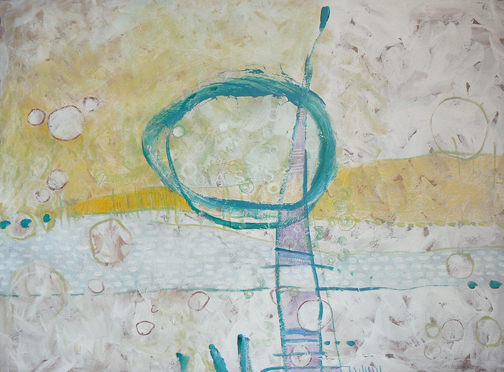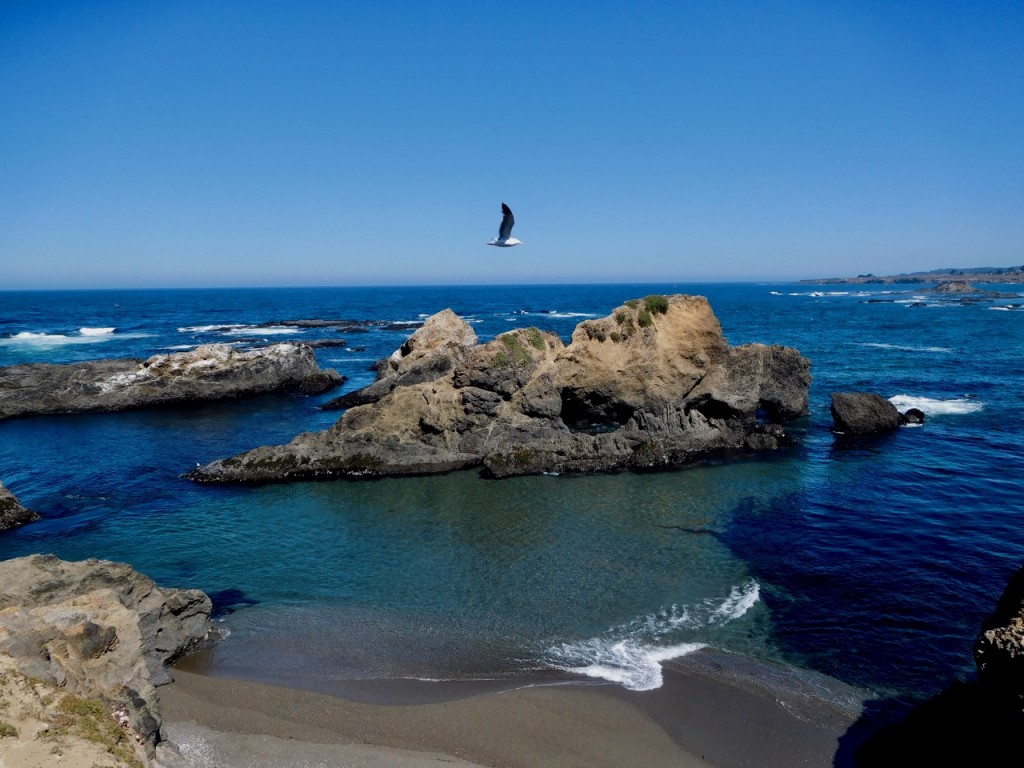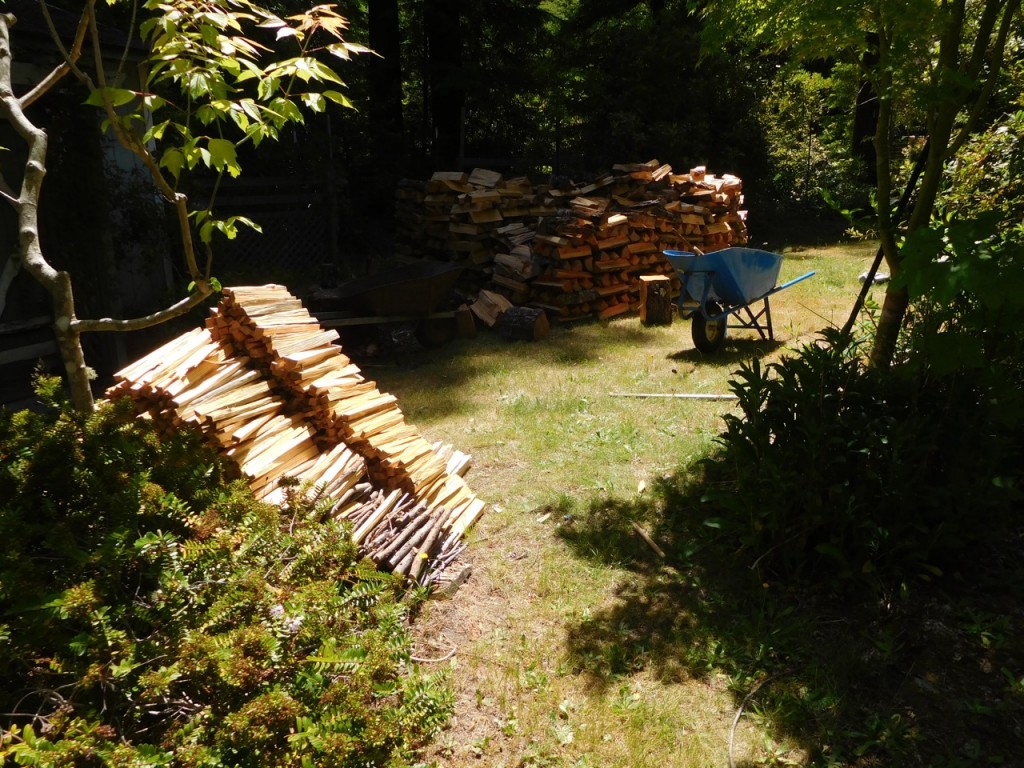Oasis painting by Nolan Winkler
Ten days ago I woke at eight in the morning feeling utterly exhausted, as if instead of sleeping I had walked fifty miles while arguing with a series of neurotic sidekicks. I was so tired I could barely get out of bed. I nearly fell asleep in the shower. In the kitchen, debating whether to have eggs or granola, I closed my eyes, drowsed, and dreamt I was in my high school cafeteria, waiting in line to buy a snack. When I failed to make sense of anything in my office, I went back to bed and slept for an hour.
When I got up from that hour of sleep, I was still so tired I thought I must be coming down with some sort of bug, except I had no symptoms other than exhaustion. I thought I’d make myself a cup of coffee, and that’s when the light bulb went on in my brain, and the voice of my brain proclaimed, “Your adrenals are exhausted. Game over. Again.”
Let me explain. I was not a coffee drinker until I was in my thirties, and from the outset my body/mind/spirit told me, “This is not a good idea. A sip of java now and then might be okay, but cups of coffee every day? Don’t do it.”
But I came to crave the emotional lift, that easy antidote to mild depression and ennui, and so began my on-again off-again love affair with coffee—a tug of war that has continued for more than thirty years. In the context of my history with coffee, I see now that my recent bout with extreme exhaustion resulted from months of overriding my body’s impulse to take a nap by having a jolt of java, then staying up too late and sleeping poorly, only to repeat the pattern the next day.
Having now gone ten days without coffee or black tea or any sort of caffeine, except what is contained in a tiny bit of chocolate, my energy has increased and my mood swings have become less dramatic. And I’ve been thinking about why I have such a hard time allowing myself to rest when I get tired.
The first time I saw an adult taking a daytime nap was on a summer weekend when I was seven. Having been up since dawn running around throwing balls and riding my bike and climbing trees and chasing other kids, it was late afternoon when I came charging into our house and found my father asleep on the living room sofa, snoring loudly. I was so shocked to see him sleeping in broad daylight, I ran to the kitchen and asked my mother if my father was ill.
“No,” she said, drinking a martini while making supper. “He had a hard week. He’s just tired.”
My father? Tired in the middle of the day? I tiptoed back to the living room and watched his chest rising and falling, his snores reverberating through the house. Imagine a grown man sleeping during the day. The mind boggled.
So yesterday I told my pal Lenny about what’s been going on with me vis-à-vis sleeping and napping, and Lenny, who is several years younger than I said, “Oh man, I nap anywhere and everywhere. I totally depend on naps to keep me sane and healthy. I love sleeping on the floor in a patch of sunlight or on the ground outside on a warm day. Let old mother earth heal me. I judge sofas by how good they are for napping. When I walk into a room, the first thing I look for is a good place to lie down. Without naps, I would be a wreck, a zombie, a beaten down loser. With naps I’m a debonair man-about-town with a twinkle in my eye and a deep abiding love for all living things. Naps are my elixir. I say sleep as much as you possibly can. Sleep is the fountain of youth.”
The National Sleep Foundation web site has this to say about napping.
“More than 85% of mammalian species are poly-phasic sleepers, meaning that they sleep for short periods throughout the day. Humans are part of the minority of monophasic sleepers, meaning that our days are divided into two distinct periods, one for sleep and one for wakefulness. It is not clear that this is the natural sleep pattern of humans. Young children and elderly persons nap, for example, and napping is a very important aspect of many cultures.
“As a nation, the United States appears to be becoming more and more sleep deprived. And it may be our busy lifestyle that keeps us from napping. While naps do not necessarily make up for inadequate or poor quality nighttime sleep, a short nap of 20-30 minutes can help to improve mood, alertness and performance. Nappers are in good company: Winston Churchill, John F. Kennedy, Ronald Reagan, Napoleon, Albert Einstein, Thomas Edison, and George W. Bush are known to have valued an afternoon nap.”
I don’t know if I’d call that good company, but I would certainly call it white male company.
In any case, I am henceforth going to think of myself as a poly-phasic sleeper who cannot healthfully drink coffee. You may be a monophasic sleeper who happily drinks five cups of coffee a day with no ill effects. If that is so, I’m a wee bit jealous of you because I know of no other buzz quite so zingy neato as the zooming liftoff into ineffable happiness, however short-lived, I used to get from a good cup of joe.
I wonder if I could develop the discipline to have but one cup of coffee a year, on Christmas or my birthday or the Summer Solstice or March 17. Just one little cup? I doubt it. I have tried to limit myself to a once-a-week latte, but that inevitably leads to craving more of the same the next day. No, in the long run it is a far far better thing I do to stick to nettle tea and tulsi tea and rooibos tea and apple juice and water with a twist of lemon, and only the very occasional teensy weensy taste of Marcia’s morning java.






